By Poh Yu Khing, Sport and Performance Psychologist
I developed the Golf Mental Cycle to help golfers maintain their focus and achieve peak mental performance on the golf course.
The three phases of the mental cycle in golf are:
- Preparation phase
- Execution phase
- Interval phase
The purpose of the golf mental cycle is to help us integrate physical and mental strategies into our golf game so that we can stay relaxed, and keep a high level of focus when appropriate throughout the round. Let's take a look at each of these phases.
Preparation Phase
The essence of the preparation phase is good decision-making and giving confidence for execution. The preparation for the shot should start from the time you are approaching the ball for the next shot. As you walk towards the ball on the fairway or the tee box for the next hole, you should already be scanning the environment to notice details that would help you decide on the type of shot to execute. Systematically taking in all the details is very important towards being able to decide on the best shot and line to play. Most golfers notice details randomly, rather than systematically and comprehensively. Develop a systematic and comprehensive system.
After taking in all the details comes the actual decision-making of what type of shot to play. Remember that golf is a game of percentages. Most of the time, it is always better to go for a shot that has a high chance of success rather than play a risky shot that you are not confident about. If you’re in the rough and the line to the pin is blocked by trees, except for a small gap, then do not let your ego or temptation get the better of you.
Ninety-nine percent of the time, it would be better to ´take your medicine' and chip the shot out into the open for a clear approach to attack the green, rather than risk a shot that has a low percentage for success. It’s better to be sure and confident of the shot that you want to hit, rather than have doubts lingering in your mind about whether you can pull off what you are about to try.
Golf is like a chess game, and like the game of life. Thinking about which shot to play, setting up for the next shot, considering the consequences if things go wrong, and the rewards if things go right – in the corporate world, these are called strategic thinking skills, risk-reward analysis, objective decision-making. All are important skills for good decision-making in golf. Making good decisions forms the basis for confidence in executing the shot.
Execution Phase
Once we have chosen what shot to play, the emphasis is on the execution routine, which has both physical and mental elements. The main aim is to allow our mind and body to go into a narrow focus or cocoon, and thus minimising distraction during execution. Do not let thoughts about the past, present or future distract you. Instead, remain relaxed, stay focused, and execute the routine. A consistent execution routine is the key to consistently good shots.
It is important that once you have decided on a shot, you must fully believe that it will work, and commit yourself to it. If you are standing over the ball, with the club in hand, and your mind is still wondering whether you have chosen the correct shot or club, then you are doomed to hit a poor shot.
From the time that you pull the club out of the bag, to the time you execute the shot, you should be in narrow focused attention, concentrating on only the necessary details - the club, ball, target spot. Nothing else interferes.
The final element of the execution phase is to respond well regardless of whether it’s a bad or good shot. If a bad shot is hit, instead of getting angry or replaying the bad shot over and over in your mind, take several deep breaths and brush off the shot as quickly as possible.
Remind yourself that making mistakes is part of the game of golf. The best players learn to forget about whatever is past, and move on. After a good shot, give yourself a pat on the back, strengthen your confidence, and move on.
Interval Phase
The main aim of the interval phase is to stay physically and mentally relaxed. This will help you sustain the energy and concentration levels for the entire round of golf. The interval time in between shots is seldom talked about in golf performance. However, this time between shots takes up to 70-80% of a round of golf. What you think and do during this period is extremely important.
It is almost impossible to remain intensely focused for 4½ hours, and some competition rounds run into 5-6 hours. Attempting to do so will only lead to mental fatigue and sub-optimal performance. The interval time should not be spent continually thinking about your golf game - the past shot, the next shot, the score, how to catch up etc.
You need to take mental breaks and do things to help you physically recover during the interval
phase. One of the great things about golf is the social interaction that takes place amongst flight mates. Chat with your friends, enjoy the view, take in your surroundings.
The other important thing is to recover physically. Hydrating sufficiently is something most golfers do not consider, but is important for both the muscles and the brain to function at peak performance. Most golfers drink only when they start to feel thirsty but this is not sufficient.
Golf is a low-intensity sport with a long duration. You may perspire a lot but not feel it if the heat evaporates the perspiration quickly. If you do not constantly replenish the fluids in your system, then your performance will suffer - both mentally and physically.
The best way to prevent this is to build in taking sips of water as part of your interval routine when out on the course. Drink some water before teeing of each hole and in between shots when out on the fairway.
Conclusion
In summary, if you practice and apply the golf mental cycle, this will help you to remain relaxed, take in and process all the necessary details, focus on the here and now, and allow automatic execution to play your best golf.
Enjoy, and play with passion!
Poh Yu Khing was formerly the Head of Sport Psychology at the Singapore Sports Council as well as a national badminton player. In his spare time outside of his day job, he enjoys consulting with athletes and performers as a freelance sports & performance psychologist. He was also the author of a regular "Golfing Mind" column in the local GOLF magazine.

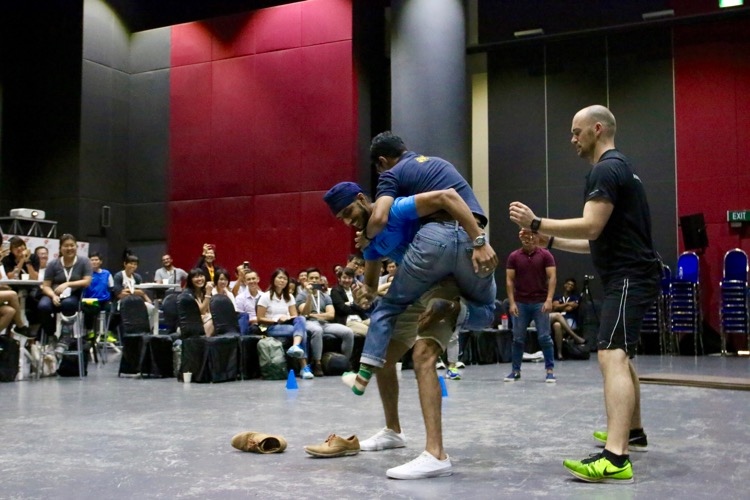

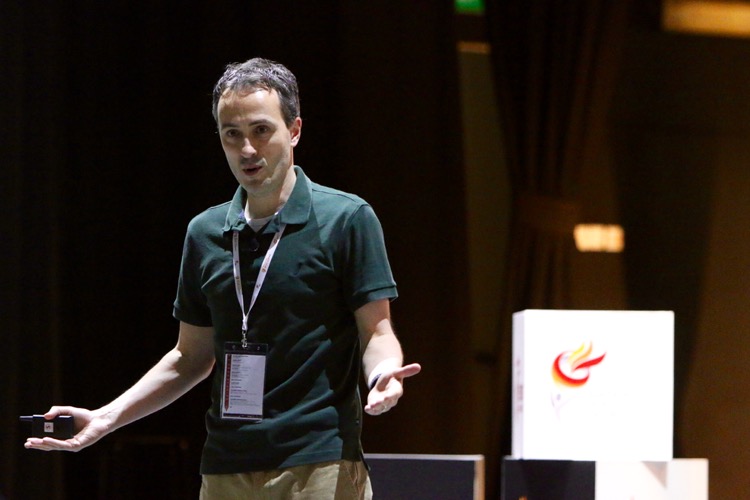
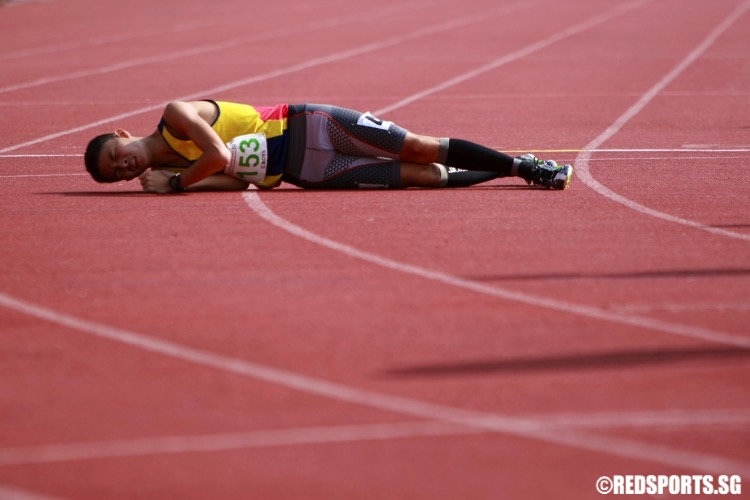
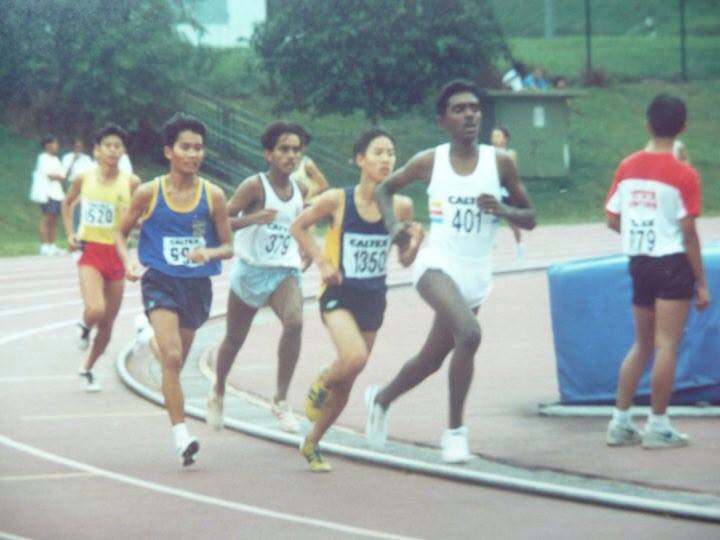
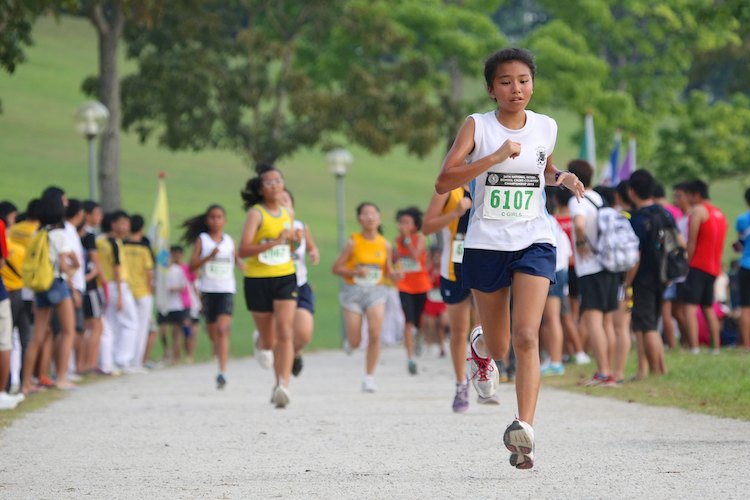
Leave A Comment